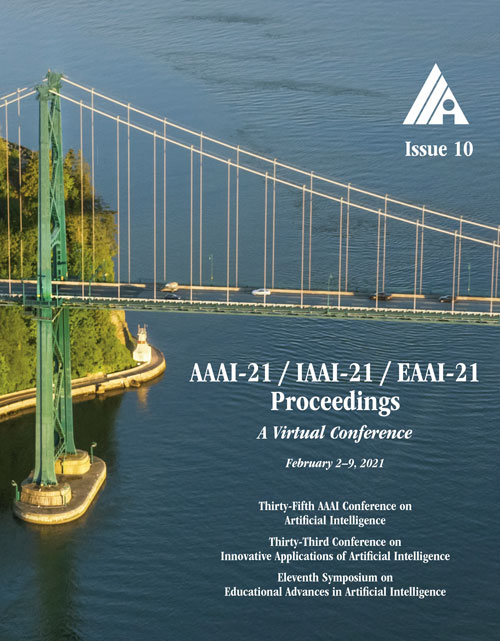Defending against Backdoors in Federated Learning with Robust Learning Rate
DOI:
https://doi.org/10.1609/aaai.v35i10.17118Keywords:
Distributed Machine Learning & Federated Learning, Adversarial Learning & Robustness, (Deep) Neural Network AlgorithmsAbstract
Federated learning (FL) allows a set of agents to collaboratively train a model without sharing their potentially sensitive data. This makes FL suitable for privacy-preserving applications. At the same time, FL is susceptible to adversarial attacks due to decentralized and unvetted data. One important line of attacks against FL is the backdoor attacks. In a backdoor attack, an adversary tries to embed a backdoor functionality to the model during training that can later be activated to cause a desired misclassification. To prevent backdoor attacks, we propose a lightweight defense that requires minimal change to the FL protocol. At a high level, our defense is based on carefully adjusting the aggregation server's learning rate, per dimension and per round, based on the sign information of agents' updates. We first conjecture the necessary steps to carry a successful backdoor attack in FL setting, and then, explicitly formulate the defense based on our conjecture. Through experiments, we provide empirical evidence that supports our conjecture, and we test our defense against backdoor attacks under different settings. We observe that either backdoor is completely eliminated, or its accuracy is significantly reduced. Overall, our experiments suggest that our defense significantly outperforms some of the recently proposed defenses in the literature. We achieve this by having minimal influence over the accuracy of the trained models. In addition, we also provide convergence rate analysis for our proposed scheme.Downloads
Published
2021-05-18
How to Cite
Ozdayi, M. S., Kantarcioglu, M., & Gel, Y. R. (2021). Defending against Backdoors in Federated Learning with Robust Learning Rate. Proceedings of the AAAI Conference on Artificial Intelligence, 35(10), 9268-9276. https://doi.org/10.1609/aaai.v35i10.17118
Issue
Section
AAAI Technical Track on Machine Learning III

